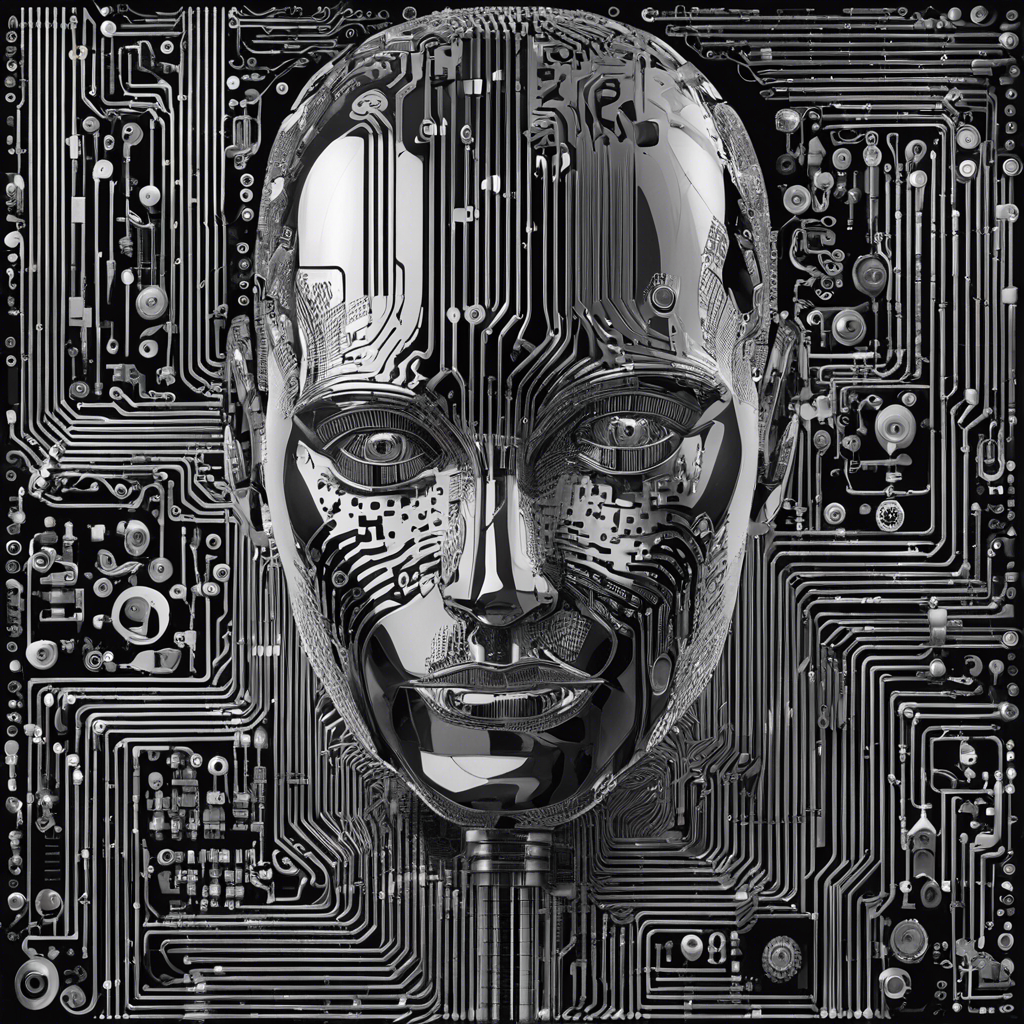In an era defined by technological advancements, artificial intelligence (AI) has emerged as a pivotal force, reshaping industries and our day-to-day lives. AI is no longer a mere concept from science fiction; it is an ever-evolving field that holds immense potential and raises intriguing questions. At its core, AI is the development of computer systems designed to perform tasks that would otherwise require human intelligence. This encompasses a broad spectrum, from problem-solving and speech recognition to language translation and decision-making. One of AI’s hallmark capabilities is machine learning, where algorithms can learn and improve over time, autonomously. This enables AI systems to adapt and evolve, much like human intelligence.
AI has already made significant inroads into numerous sectors. For example, in healthcare, AI is being used to develop more accurate and speedy diagnoses, aiding in the early detection of diseases and improving patient outcomes. In the financial industry, AI algorithms are employed to detect fraudulent transactions and enhance security, protecting consumers from potential threats. Self-driving cars, powered by AI, are revolutionizing transportation, promising safer and more efficient travel. Additionally, AI has become integral to online interactions, with chatbots and virtual assistants providing immediate customer support and improving user experiences.
The impact of AI extends far beyond these examples. It is transforming how we interact with technology, making our devices smarter and more intuitive. Voice assistants, for instance, can understand and respond to our queries, while smart home devices can learn our habits and automate everyday tasks. AI is also at the heart of image and facial recognition technologies, powering everything from social media tags to security systems. The applications of AI are limitless, and we are only beginning to unravel its full potential.
However, with great power comes great responsibility. As AI continues to advance, ethical considerations and concerns about its potential misuse come to the fore. Ensuring the responsible development and deployment of AI is crucial to addressing issues such as privacy, algorithmic bias, and data protection. Maintaining a balance between harnessing the benefits of AI and mitigating its risks is a delicate task that demands the attention of developers, policymakers, and society as a whole.
AI ethics encompasses a range of issues, including bias in data and algorithms, privacy, transparency, and accountability. Bias in AI can perpetuate and amplify existing social biases, leading to unfair or discriminatory outcomes. Ensuring that AI systems are developed and trained with diverse and representative data sets is essential to mitigating bias. Privacy and data protection are also critical concerns, especially as AI often relies on large amounts of personal data.
Another key aspect of AI ethics is transparency and explainability. As AI systems become more complex, understanding how they make decisions and ensuring accountability for any negative consequences become increasingly important. This includes addressing issues such as deepfakes, where AI is used to manipulate images or videos, and ensuring that AI systems are not used to infringe on human rights or freedoms. Ultimately, the responsible development and use of AI require a multifaceted approach that takes into account technical, legal, and ethical considerations.
The applications and benefits of AI are vast, but so too are the challenges. As we move further into an AI-driven world, it is imperative that we foster a broader understanding of this technology and its implications. Education and awareness are key to ensuring that AI is used responsibly and ethically, and that its benefits are accessible to all. From schools to boardrooms, there needs to be a concerted effort to demystify AI and encourage critical thinking about its applications and limitations.
AI has the potential to revolutionize our world for the better, but it is not without its pitfalls. By promoting transparency, ethical guidelines, and a broader understanding of AI, we can harness its power while mitigating potential harms. The future of AI depends on informed and thoughtful approaches that prioritize the well-being of individuals and society as a whole. Let us embrace the possibilities of AI while also recognizing the need for careful navigation in this rapidly evolving landscape.
In conclusion, AI is an exciting and rapidly advancing field that holds immense potential for humanity. As we continue to develop and integrate AI into various aspects of our lives, we must also remain vigilant and proactive in addressing the associated challenges. Ethical considerations, responsible development, and a broader understanding of AI will help shape a future where this technology serves as a beneficial tool for all. The possibilities are endless, but so too is our responsibility to ensure that AI aligns with our values and benefits humanity as a whole.
